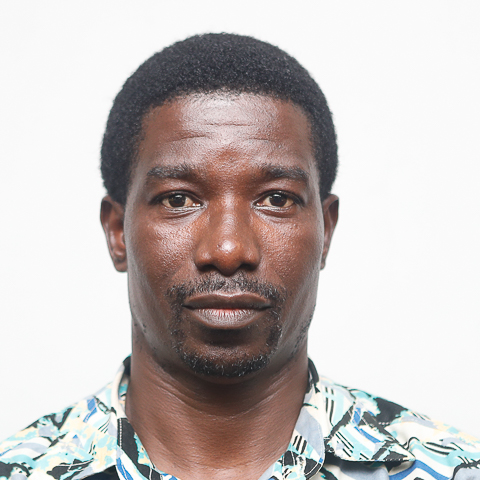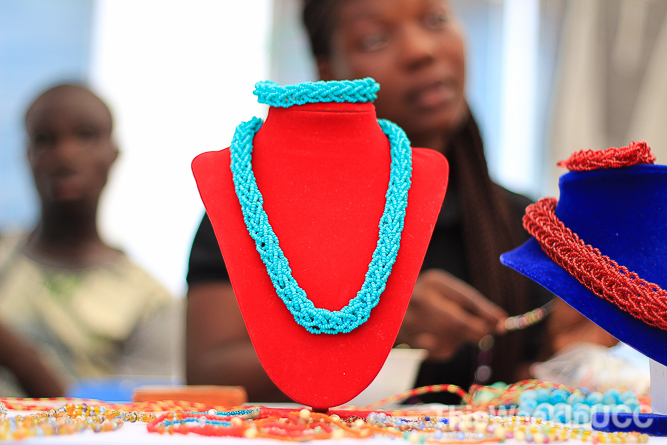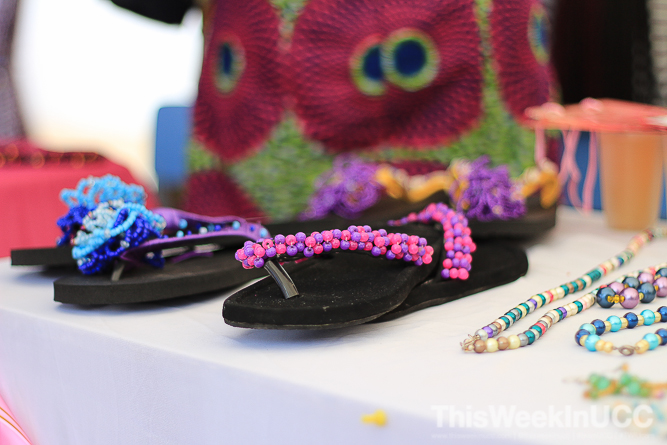The Department of Vocational and Technical Education was established in 1993 through the assistance of the United Nations Development Programme (UNDP) and the Government of Ghana, with the vision of training qualified educators in Vocational and Technical Education to take up teaching and supervisory roles in Education and the Service Industry. In March 2010, the Department was accepted by UNIVOC as one of its centres for disseminating information on developments in Vocational and Technical Education.
The Department offers at the Bachelors level a B.Ed. (Home Economics) degree programme, focusing on two elective areas, namely Food and Nutrition and Clothing and Textiles, with Family Resource Management as a core area. It also offers Master of Philosophy (Home Economics Education) with specialization in Food and Nutrition, Family Resource Management and Clothing and Textiles. The Department started a sandwich programme in M.Ed. (Home Economics for the 2013/2014 academic year. As part of the drive to develop and strengthen the technical component of the Vocational and Technical Education programme, the department has developed new programmes- Bachelor of Education (Communication Design), Bachelor of Education (Sculpture & Painting), Ph. D in Home Economics and Ph. D in Vocational and Technical Education. We look forward to starting these programmes by the 2015/2016 academic year if accreditation is given
With the global trend in unemployment, the Department deemed it important to add Entrepreneurship and Small Business Management to the courses offered in the Department. These prepare students adequately to set up their own business units and be gainfully employed, rather than relying on the Government or Private Organizations for employment after completing their undergraduate and graduate programmes. Students write Business Plans and develop their businesses which they run alongside their studies. There is therefore a gradual shift from the former consumer oriented Home Economics Programme to one with focus on occupational development. The Department is still looking at other areas in its restructuring effort to help improve existing programmes to meet contemporary trends, and to make students more employable after graduating from the University.
The Department has units that provide Nutritious meals to staff and students at three different locations on the University campus. These offer training grounds for our Food and Nutrition students to learn on the job. There is also a clothing production Unit that produces academic gowns for the University, and also offers training to our Clothing and Textiles students on specialized areas. To foster cooperation with institutions and bodies outside the University the Clothing and Textiles Unit organized an Exhibition and a fashion show that brought together second cycle Institutions within Cape Coast that offer Home Economics and other clothing production Associations to make them know more about the Department, and Vocational Education in general.
The department developed a strategic plan to cover the period 2013-2018 and reviewed the courses for the B.Ed. Home Economics programme in an effort to upgrade course descriptions and content to provide students with the knowledge and skills required to handle contemporary issues and prepare students well for the present and future Ghanaian job market. After renovating and upgrading the office area and space, the department has embarked on massive renovations and makeover of various other sections such as the Clothing and Textile laboratory, Food laboratory, and the training restaurant.




